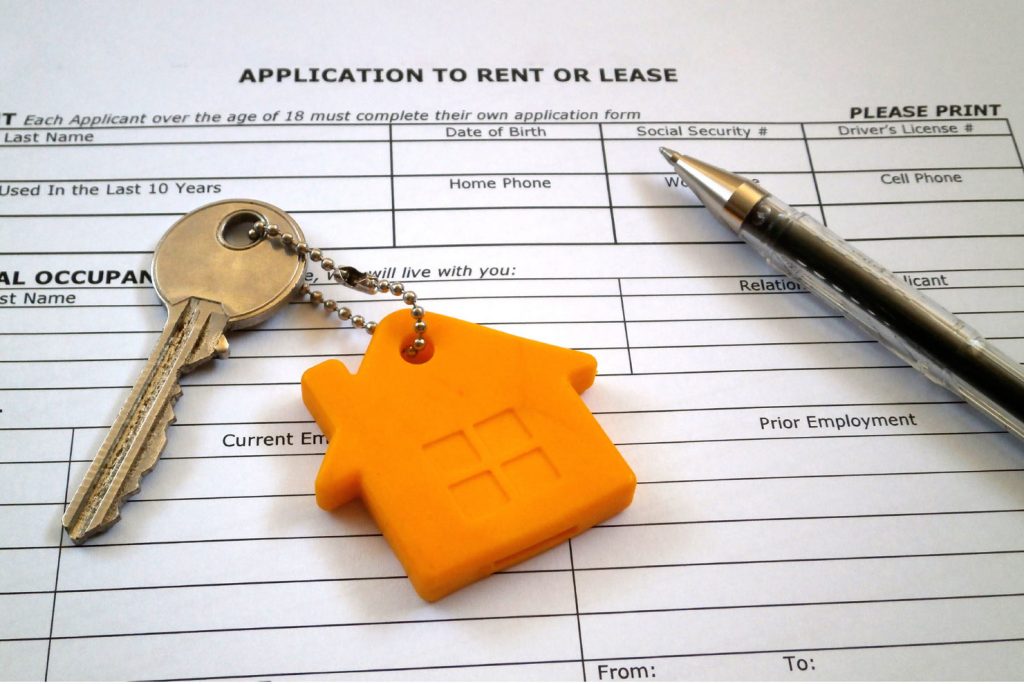
Like most investments, owning a rental unit comes with some ongoing costs. And before you start making money on your property, you will need to spend some. A prudent home owner will have to carefully consider what to spend on and how much.
This is important because the higher your expenses, the more money you will need to make to get the return you are aiming for. So for a good estimate of how long it will take you to start seeing your desired returns, you need a clear handle on your total expenses.
Things like insurance, maintenance and council rates can come as a surprise to new landlords so be prepared. Some of these costs are fixed with no way around it, but for others you may choose to opt out. Let’s go through a few of them together.
Landlord insurance
While it isn’t mandatory by law that you purchase landlord insurance, it is highly recommended and for good reason. Landlord insurance covers you for things like damage to your property, theft or burglary and loss of rent among others.
As much as you may trust your tenant, there are events beyond your control- ie. loss of employment could lead to an inability to pay rent. Having insurance is a safeguard against the things you cannot predict will happen and provides peace of mind if they do.
Insurance can cost from as little as $1 a day. But cheap doesn’t always mean best. Look for a plan which gives you the most value and coverage for a reasonable price. Bear in mind that because it is an investment related expense, it is tax deductible so do keep your receipts.
Property management
While a minority manage their own property, about 75% of landlords opt to go with a professional property manager. They cost anywhere from 6%-10% of your rental income and charge about a week’s rent whenever you get a new tenant.

The reason most landlords hire a property manager is because they have the expertise to set you up for success, protect your assets and help you make more in the long run. Their responsibilities include everything from advertising, to screening tenants, to collecting rent and maintenance.
While it may be tempting to do this on your own, it is very time consuming and stressful when you don’t have the same knowledge and connections. Once again, in most cases, agent’s fees are tax deductible.
Strata fees, council rates, water
There are a few fees that landlords have to absorb. The first is council rates. This is a mandatory sum paid to your local council for their services that’s usually paid quarterly. These rates do vary so it’s best to check what they are for your area.
If your property is a townhouse or a unit in an apartment block, you will have to factor in strata fees, also known as body corporate fees. This is used to help maintain the shared spaces including pools, gyms, parking and gardens.
When it comes to water, there isn’t a hard and fast rule. Prior to this, landlords used to cover water rates but that is changing. It depends on your agreement with the tenant and how this affects their rent.
Maintenance
Maintenance will vary depending on the age and make of your property. It’s understood that as the landlord you will have to ensure that your place is in livable condition. This includes fixing broken heaters, leaking roofs or even just giving the place a new coat of paint.
Some people set aside a percentage of their rent for maintenance (about 5%-10%). But honestly, you can’t always predict what will need repairing and maintenance costs are often determined by what needs attention that year.
Tax
Like other streams of incomes, rental is taxable. If you have positive cash flow- your income is higher than your expenses, it’s likely you will be taxed. However in the case where you are negatively geared- expenses are higher than your income, you will likely be entitled to a tax refund.

This depends on the condition of your house and the duration of ownership. Often, initially your total depreciation will be high, but as time goes by, your rental will increase more than the rate of depreciation. You will be making a profit and will be paying tax on it.
Nevertheless, do be aware to keep records of all tax-deductible expenses. This includes maintenance, management, borrowing and depreciation- all to work in your favour during tax time.
Now that you have a better idea of your expenses you can make more confident decisions about your property.
If you do have questions regarding your property, do speak to one of our specialists today. We’re here to help.




